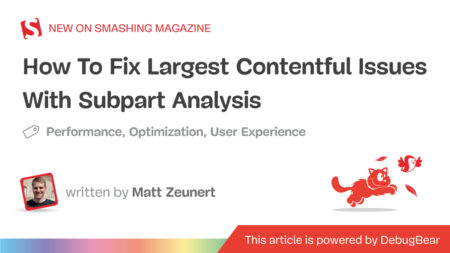Search
News & Updates
Leadership, Trust, and Cyber Hygiene: NCSC’s Guide to Security Culture in Action
The UK’s National Cyber Security Centre (NCSC) has introduced a set of six core principles to help organizations embed strong cybersecurity practices into their everyday operations. Developed in colla …
Read more
Published Date:
Jun 06, 2025 (15 hours, 25 minutes ago)
Vulnerabilities has been mentioned in this article.
CVE-2025-37093
CVE-2025-27522
CVE-2025-22247
Over the years, in my role as a lead full-stack developer, solutions architect, and mentor, I’ve been immersed in the world of micro frontend architecture, working across different large-scale frontend projects where multiple teams, stacks, and deployment pipelines had to coexist somehow. As projects grew in complexity and teams worked…
Technical debt refers to the future cost – measured in terms of time, money, effort, or opportunity – of choosing expedient solutions today instead of more deliberate and scalable ones. And it’s not just a pro-code concept. It might be easier to understand if we compare it to financial debt.…
Working remotely gives your team flexibility, but it also opens the door to cyber threats. Remote workers are more exposed without the protection of office firewalls and on-site IT teams. Hackers know that people often use weak passwords, forget to update software, or click on the wrong link in a…
Artificial Intelligence
MIT Professor Markus J. Buehler has been named the recipient of the 2025 Washington Award, one…
For over 30 years, science photographer Felice Frankel has helped MIT professors, researchers, and students…
Imagine that a robot is helping you clean the dishes. You ask it to grab…
Top News Alibaba’s New QwQ 32B Model is as Good as DeepSeek-R1 ; Outperforms OpenAI’s…







